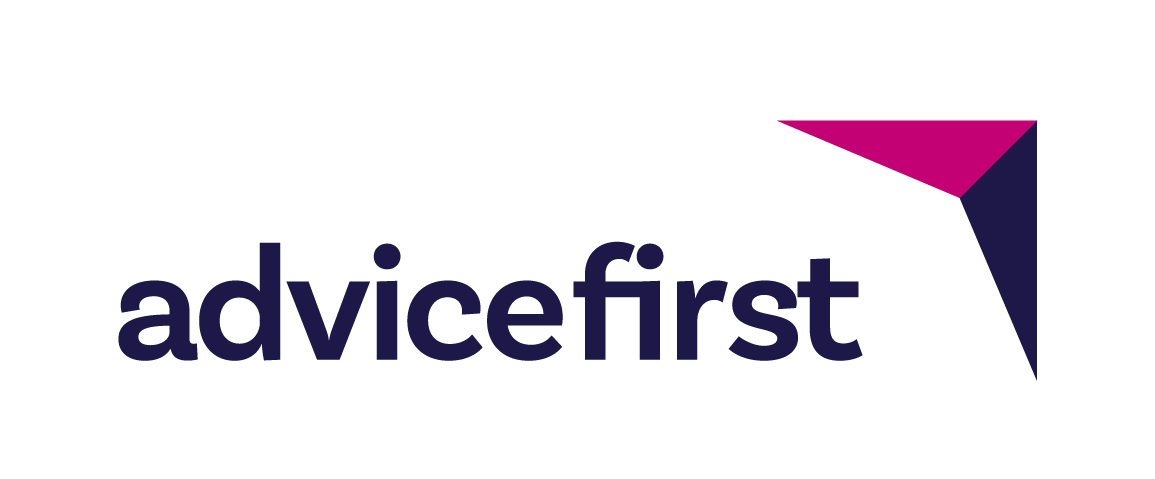If you have assets held in a trust, you may be affected by the upcoming change in how they’re taxed. To ensure you’re up to date with everything trust and tax related, we’ve compiled a few key points on what you need to know and how you can be prepared for the change.
For context
From April 1st, 2024, the income tax rate for Trusts will increase from 33% to 39%.
Why, you might ask? Back in 2021, it is believed that many big earners moved their assets to trusts after the income tax rate was increased from 33% to 39% for any earnings over $180,000. What the government is looking to achieve with these changes is to close this loophole.
We know that not everyone who holds assets in a Trust is a significant income earner, so there may be some exceptions to the rule.
If you invest in PIE taxed-based products
For trusts investing in PIE tax-based products, this change can potentially reduce taxes to 28%. However, the extent to which this rule is applied depends on how Trust expenses are managed and whether distributions are being made.
Beneficiaries of Trusts
If you are a Trust beneficiary and earn income from the trust, your tax will be calculated using your individual marginal tax rate instead. If you already fit into this bracket, there should be no changes for you.
Proposed exceptions
A silver lining to this is there are proposed changes to be made to this tax law. This is to support lower-income households and prevent over-taxation. If passed, Trusts with $10,000 or less will continue to be taxed at 33%, and the following may also be exempt from this rule:
- Estates of deceased for the year of death and the following three income years.
- Disabled beneficiary trust.
- Energy consumer trusts and legacy superannuation funds.
We don’t know for sure if this bill will be passed, so the best thing you can do is to get prepared for immediate changes to take effect on April 1st.
While AdviceFirst advisers aren’t tax experts, we encourage you to seek advice from your accountant or trusted service provider if you believe you will be affected by this change. Once you understand how you would like to proceed, we can work with you to ensure this is reflected in your portfolio setup.
If you’d like to check if your insurance and investment strategies are still suitable for you in 2024, book a review with an AdviceFirst adviser here or get in touch via hello@advicefirst.co.nz or call 0800 438 238.
Disclaimer: This blog is for informational purposes only and does not constitute individual financial advice.




